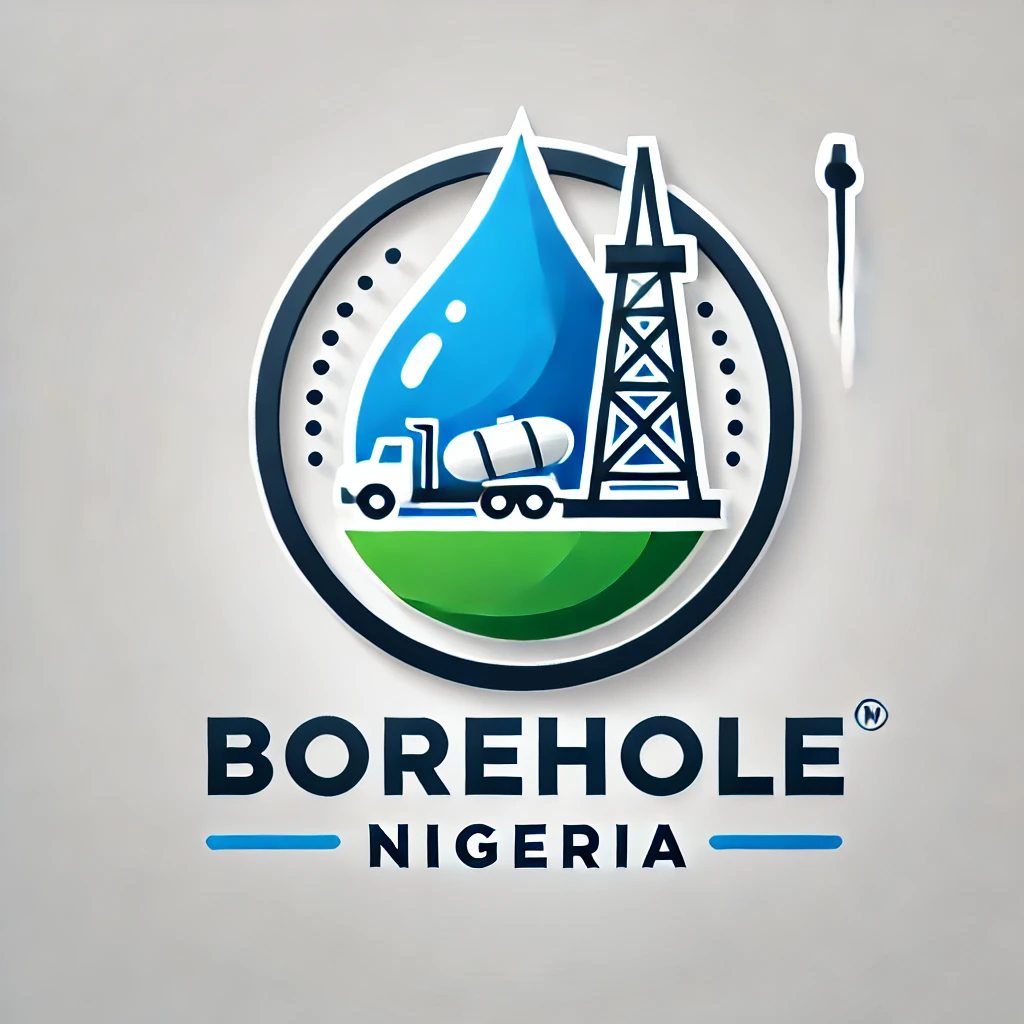Yes, a borehole can run dry, although it is less common compared to traditional wells. Several factors can cause a borehole to run dry, and understanding these factors can help in preventing or mitigating the risk. Here’s a detailed look at why and how a borehole might run dry:
1. Over-Extraction of Water
- The most common reason a borehole runs dry is due to excessive water extraction. If water is pumped out at a faster rate than the aquifer can naturally recharge, the water level in the borehole can drop significantly.
- This is often a concern in areas where multiple boreholes are drilled close to each other, especially in densely populated regions or areas with intensive agricultural, industrial, or commercial use.
- Over-extraction can lead to a decline in the water table, eventually causing the borehole to run dry.
2. Seasonal and Climatic Variations
- Seasonal changes can impact groundwater levels. During dry seasons or drought periods, the rate of natural recharge decreases significantly, which can cause the water level in the borehole to drop.
- Extended periods of drought can lead to a substantial decrease in groundwater levels, potentially causing a borehole to run dry.
- In contrast, during rainy seasons, the water table may rise, replenishing the borehole.
3. Geological Factors and Aquifer Characteristics
- The underlying geology plays a crucial role in the sustainability of a borehole. If a borehole is drilled into an aquifer with low storage capacity or low permeability (such as in areas with hard rock or clay layers), the borehole may not yield sufficient water, or it may run dry quickly.
- Fractured rock aquifers, which are common in some regions, may have pockets of water that can get depleted faster than more uniform aquifers.
4. Poor Borehole Construction and Siting
- The location and construction quality of a borehole can also determine its longevity and reliability. If a borehole is not drilled deep enough to reach a sustainable aquifer, it may tap only the upper levels of groundwater, which are more prone to drying up.
- Inadequate casing and sealing during construction can lead to collapse or blockage within the borehole, which can reduce the water flow or cause it to run dry.
- Proper site surveys and hydrogeological assessments are essential before drilling to ensure the borehole taps into a reliable water source.
5. Changes in Land Use and Human Activities
- Urbanization, deforestation, and changes in land use can affect groundwater recharge rates. For instance, when large areas are paved over for roads and buildings, less rainwater infiltrates the ground, reducing aquifer recharge.
- Agricultural practices, like the use of irrigation, can also impact local groundwater levels. Over time, these changes can contribute to boreholes running dry.
6. Aquifer Depletion and Environmental Factors
- In areas where groundwater is the primary water source, aquifers can become depleted if the rate of extraction consistently exceeds the natural recharge rate. This is especially common in regions with heavy irrigation demands or where large-scale water extraction is done for industrial use.
- Environmental factors such as climate change can lead to reduced rainfall and prolonged droughts, further impacting aquifer recharge and increasing the risk of boreholes running dry.
7. Natural Obstructions or Blockages
- A borehole can also become non-functional if there is a blockage caused by silt, sand, or debris. This is not necessarily the same as running dry, but it can cause the water flow to diminish or stop altogether.
- Regular maintenance and well rehabilitation can help address such issues.
8. Solutions to Prevent a Borehole from Running Dry
- Proper Planning and Site Assessment: Conducting a comprehensive hydrogeological survey before drilling can help identify the best location and depth for a borehole to access a sustainable water supply.
- Controlled Extraction: Monitoring water usage and ensuring sustainable extraction rates can prevent over-extraction and allow aquifers time to recharge.
- Recharge Techniques: Implementing water conservation measures and artificial recharge techniques, such as rainwater harvesting, can help replenish aquifers.
- Regular Maintenance and Monitoring: Periodic inspections, cleaning, and maintenance of the borehole and pump system can help detect early signs of problems and prevent potential drying up.
Conclusion: Mitigating the Risk of Boreholes Running Dry
While a borehole can run dry due to factors like over-extraction, poor construction, seasonal variations, and environmental changes, the risk can be minimized with proper planning, sustainable water management, and regular maintenance.
If you want to ensure a reliable borehole system that is less prone to running dry, consider engaging a professional service like Borehole Nigeria. We offer comprehensive services, including drilling, water analysis, and maintenance, ensuring that your borehole remains a reliable source of water for years to come. Contact us today for a consultation and begin your journey to a sustainable water solution.
